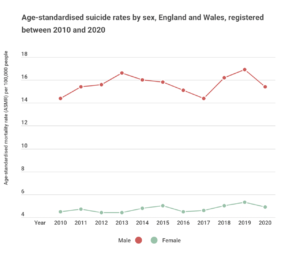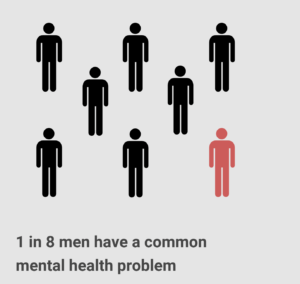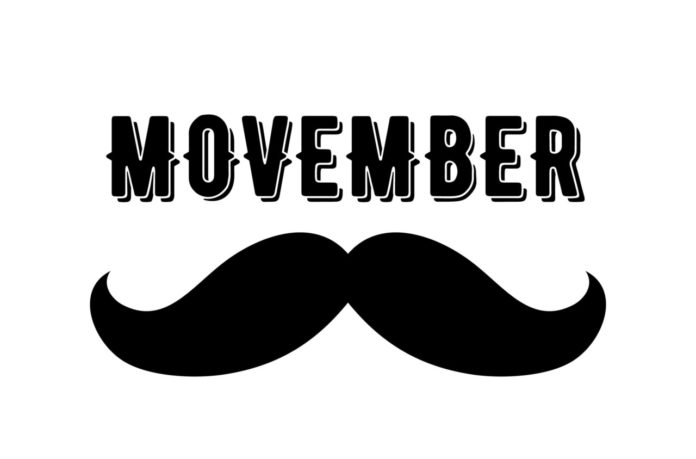The whole of November, commonly known as “Movember” or “No Shave November” is dedicated to awareness of men’s health – particularly prostate and testicular cancer as well as mental health and suicide prevention. So as the month draws to an end we put the spotlight on men’s health – specifically mental health.
Globally, on average, one man dies by suicide every minute of every day. Around three-quarters of registered suicide deaths in 2020 were for men (3,925 deaths; 75.1%); which conforms to a consistent trend stretching back to the mid-1990s.
The graph below summarises the age-standardised suicide rate by sex between 2010 and 2020. The highest suicide rate on this graph was in 2019, at 16.9 per 100,000 population (approx. 4017). Happily by 2020 this had declined by 5.8% to 14.9 (approx. 3925). Suicide is the leading cause of death for men under 50. You can quote the statistics about suicide, but it is hard to convey the devastation with just numbers.

In England, around one in eight men has a common mental health problem such as depression, anxiety, panic disorder or obsessive-compulsive disorder (OCD).

But as with many mental health statistics, it’s hard to know if the figures really represent what is happening. They can only tell us about mental health problems that have been reported – many cases may go undiagnosed. This may be especially true when it comes to men’s mental health. According to the Mental Health Foundation, men are less likely to access psychological therapies than women: only 36% of referrals to NHS talking therapies are for men.
To address this issue Hendrix Hammond, a psychotherapist from The Child and Family Practice in Bloomsbury told Rising East “Men have been socialised not to be vulnerable, which they interpret to mean they cannot seek help and express that they are struggling with their mental health.” He also shared his own experience saying, “I encounter a number of men in my clinical practice and personal life who have not got the words to describe their mental state. They often have not had enough practice doing so and need the people listening to validate their experiences and be non-judgemental.”
Creating a safe space and raising awareness about these issues will help men understand that they’re not alone and how it’s okay to be vulnerable. So, let’s listen openly and support seeking help to try and end the stigma of hidden depression and other mental health problems among men.
For more information on conditions that affect mental health, resources, and research, visit https://mentalhealth-uk.org/ or https://www.institutemh.org.uk/.
All the above data can be found in Office for National Statistics

